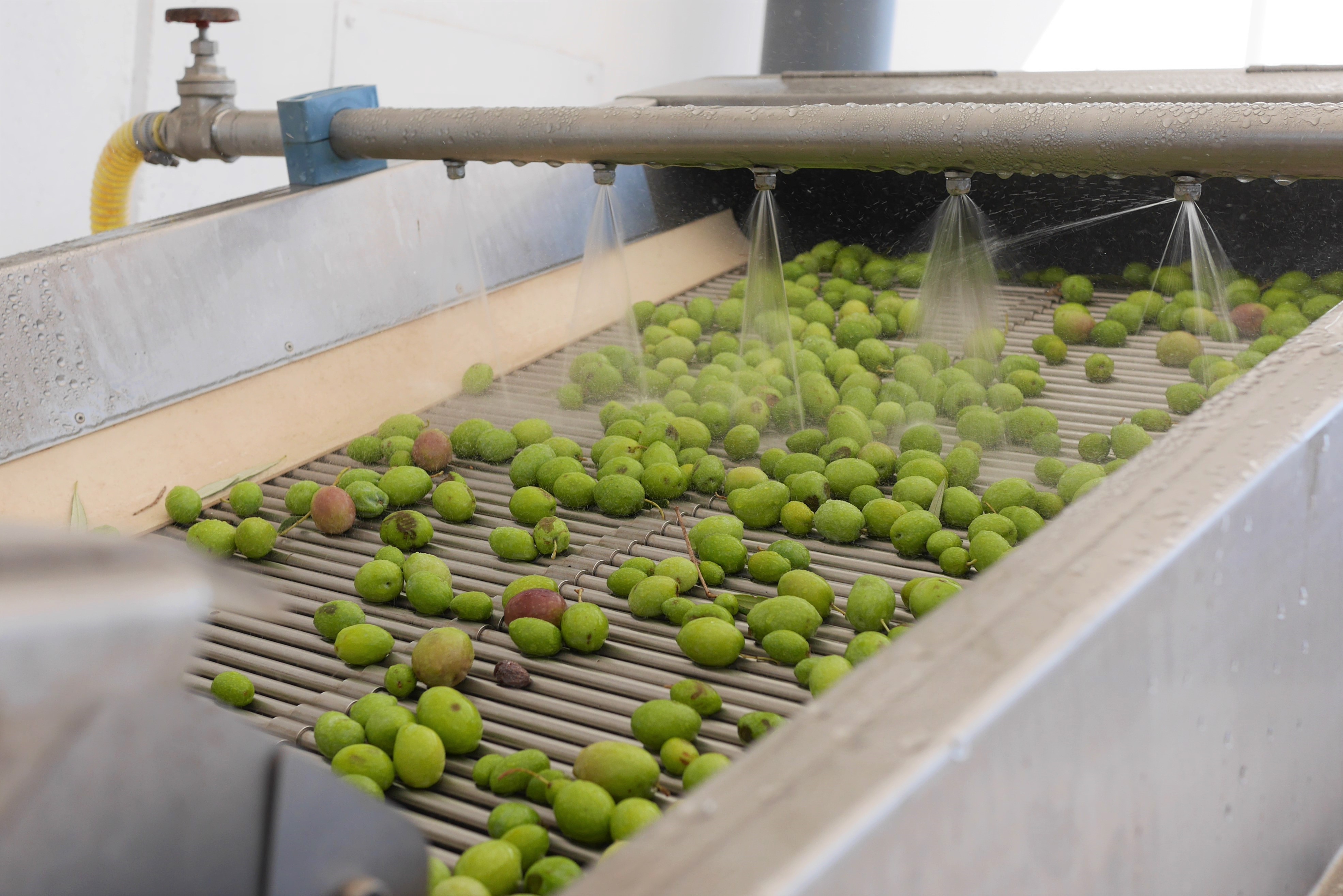The process of making extra virgin olive oil has remained relatively unchanged since ancient times, with historians noting that southern Europeans were producing olive oil as early as 2000 B.C. So why was there a significant shift towards the use of refined vegetable and seed oils in the early 1900s? Are these mass-produced oils truly detrimental to our health?
We think of seeds as being healthy and packed full of nutrients, but the oil made from them is far from it.
Seed oils, such as sunflower oil, grapeseed and canola oils must undergo a lengthy processing to extract the oil from the seed. The seeds are heated to high temperatures and then processed with petroleum-based solvents, such as hexane, to maximise the amount of oil to be extracted. After the oil has been obtained, it then undergoes a process of deodorising and bleaching, using more chemicals, before it is fit for human consumption. After this, more chemicals, such as synthetic antioxidants are added to improve the shelf life and colour.
Unfortunately, the resulting seed oils are high in inflammatory fats, calories, and lacking in essential nutrients. The high levels of omega-6 fatty acids in seed oils have been shown to trigger inflammation in the body, contribute to chronic illness and there are links to an increased risk of obesity, diabetes and heart disease.
The cost-effectiveness of producing such cooking oils, coupled with strategic marketing and unsupported health claims has contributed to the widespread popularity of seed oils since the early 1900s. Influential research in the 1960s suggested a correlation between high saturated fat intake, elevated cholesterol levels, and an increased risk of heart disease. This led to dietary recommendations encouraging people to reduce their intake of saturated fats and as a result, vegetable oils, particularly those high in polyunsaturated fats, were advocated as replacements for saturated fats. Vegetable oils like soybean oil, corn oil, and sunflower oil became popular choices because they were perceived as heart-healthy alternatives.
The understanding of dietary fats and their effects on health has evolved, and recommendations have changed accordingly. Current dietary guidelines emphasise a more nuanced approach, considering the types of fats consumed rather than advocating a blanket avoidance of all fats.
Even if you do not regularly cook with refined vegetable and seed oils, you’d be surprised by their widespread use in a variety of foods. You can expect to find seed oils in cereals & granola bars, condiments, sweets, salad dressings, baked goods, ice cream, dairy-free spreads, and milk alternatives. The list goes on and if you’re at all curious, go and look in your fridge and see for yourself where these refined oils are hiding.
The Environmental cost
Whilst cheap to produce, the environmental impact of the cultivation of these seed oils comes at a much higher cost.
The farming of the crops for seed oil production is incredibly industrialised and has a significant environmental impact. Widespread monoculture practices, particularly evident in the production of specific seed oils such as soybean and palm kernel oil, contribute to huge biodiversity loss.
The high demand for vegetable and seed oil relies on intensive farming practices, which involve the application of pesticides, fertilisers, and other chemicals. Unfortunately, these inputs can adversely affect soil health and compromise water quality. Additionally, the production of these crops is water-intensive, further exacerbating the environmental concerns.
Heart-healthy Alternatives
So, what’s the alternative? High-quality, extra virgin olive oil. Be sure to check the labels, as not all olive oil is created equally. When shopping, avoid labels such as ‘olive oil’, ‘light olive oil’ or ‘olive pomace oil’ – these oils have undergone processing by chemicals or heat.
The distinctive quality of extra virgin olive oil lies in its authenticity and minimal processing. Extra virgin olive oil is made from the whole fruit, with nothing added in the process. Always look for small-batch extra virgin olive oils from brands that focus on regenerative farming & authentic methods to get your hands on the healthiest EVOO.

